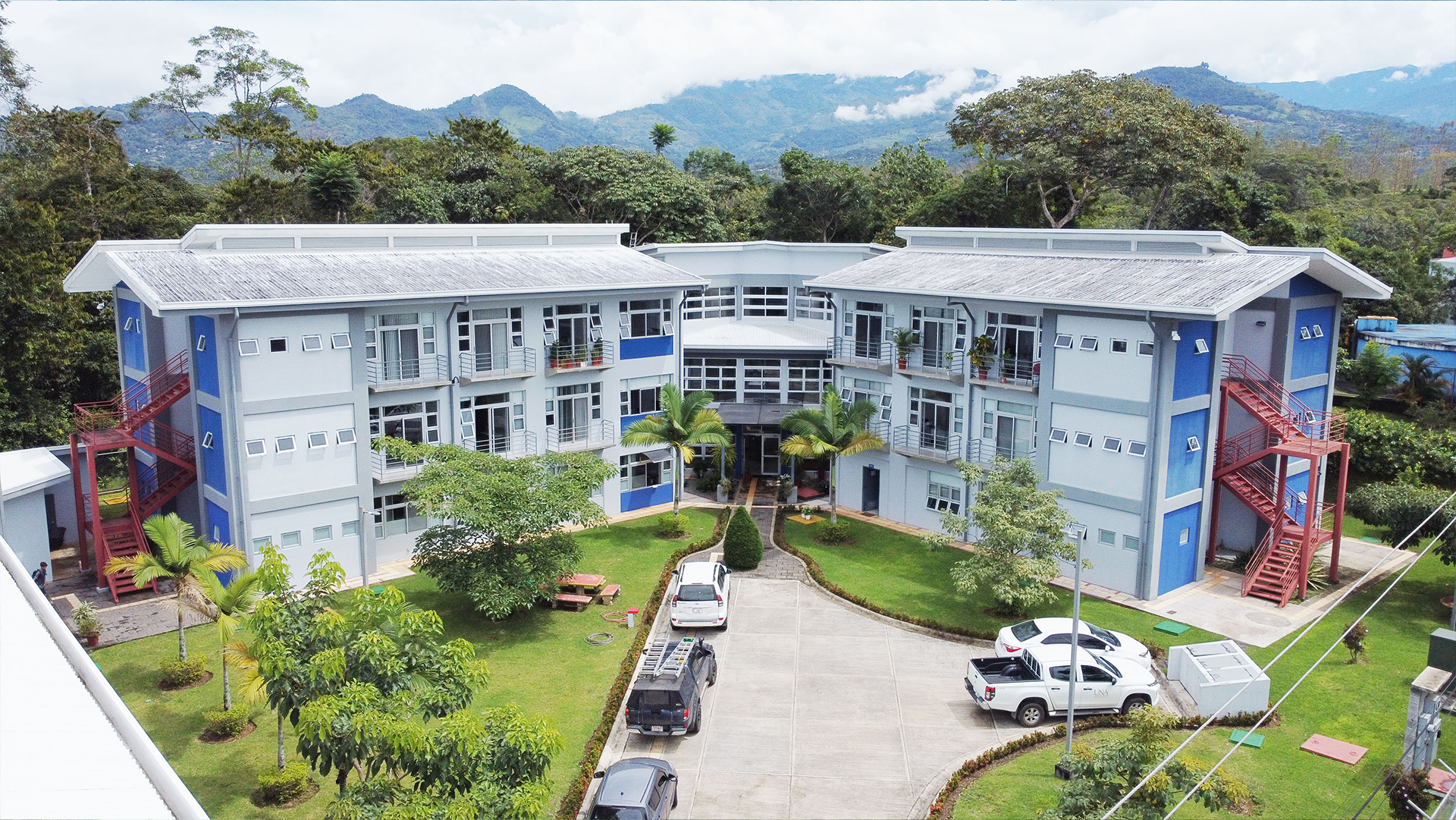The Brunca Regional Branch of the Universidad Nacional is an academic institution that operates on two university campuses: one located in the canton of Pérez Zeledón, “Pérez Zeledón Campus”, and the other in Corredores, just 5 kilometers from the border with Panama, the “Coto Campus”.
This regional branch is a benchmark for public university education in the Brunca region and in the generation of strategies of integral, sustainable, humanistic development oriented towards the most disadvantaged social sectors.
In 1974, General Studies were started at this branch, which allowed the institution to be temporarily called the “Pérez Zeledón University Center”. In August 1976, it was given the name of Regional Section of Pérez Zeledón and in 1991, it was granted the status of Brunca Regional Branch. In 2004, a second campus was opened, called “Campus Coto”.
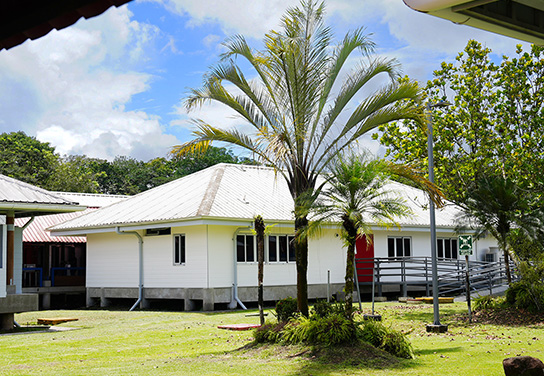
By promoting the social and cultural development of the populations of the Brunca Region, UNA has positioned itself in the southern part of Costa Rica by creating high-quality and high-impact professional training spaces."
The School of Symphonic Music, created in 1994, has trained more than 1,000 children and young people from the region in the area of music.
The Brunca Regional Branch, through its School of Symphonic Music, has brought about significant social mobilization and a decentralization of systematized musical culture, which is not seen in any other area of the country.
The School's work is projected the provinces, districts, communities and internationally. It offers chamber recitals and concerts as part of its cultural outreach work. It has 24 teachers and 10 symphonic ensembles, including an elementary band, a chamber orchestra, a children's orchestra and a symphonic band.
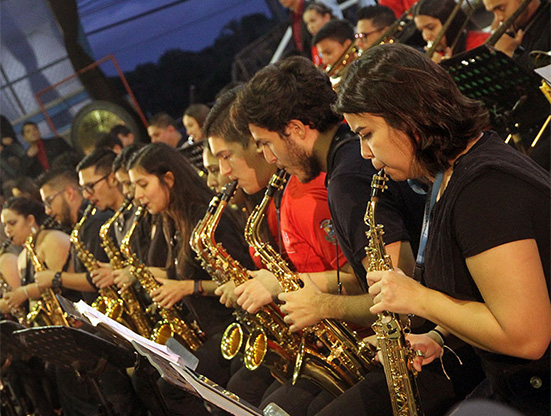
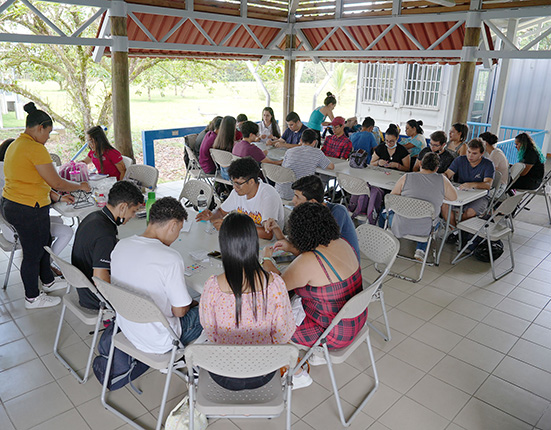
The project “Promoting Community Social Capital”, which has been in force since 2015, promotes regionalization initiatives. Its aim is to strengthen community social capital in the communities with the lowest social and economic development index in the southern part of Costa Rica.
Through this project, non-formal education processes are articulated in the areas of education and culture, foreign languages, technological literacy, rural community tourism and the administration of micro and small enterprises, as essential elements to promote an improvement in the quality of life of its inhabitants.
Since its inception, this project has trained more than 1,000 people from communities such as Sierpe de Osa, Biolley de Buenos Aires and the indigenous territories of Ujarrás, Salitre and Cabagra.
The proposals and work actions in each of the communities have emerged responsibly from dialogue with their inhabitants in contexts of respect and solidarity.
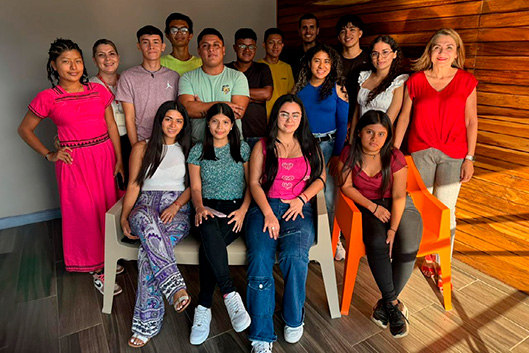
For more information, please visit the following links:


